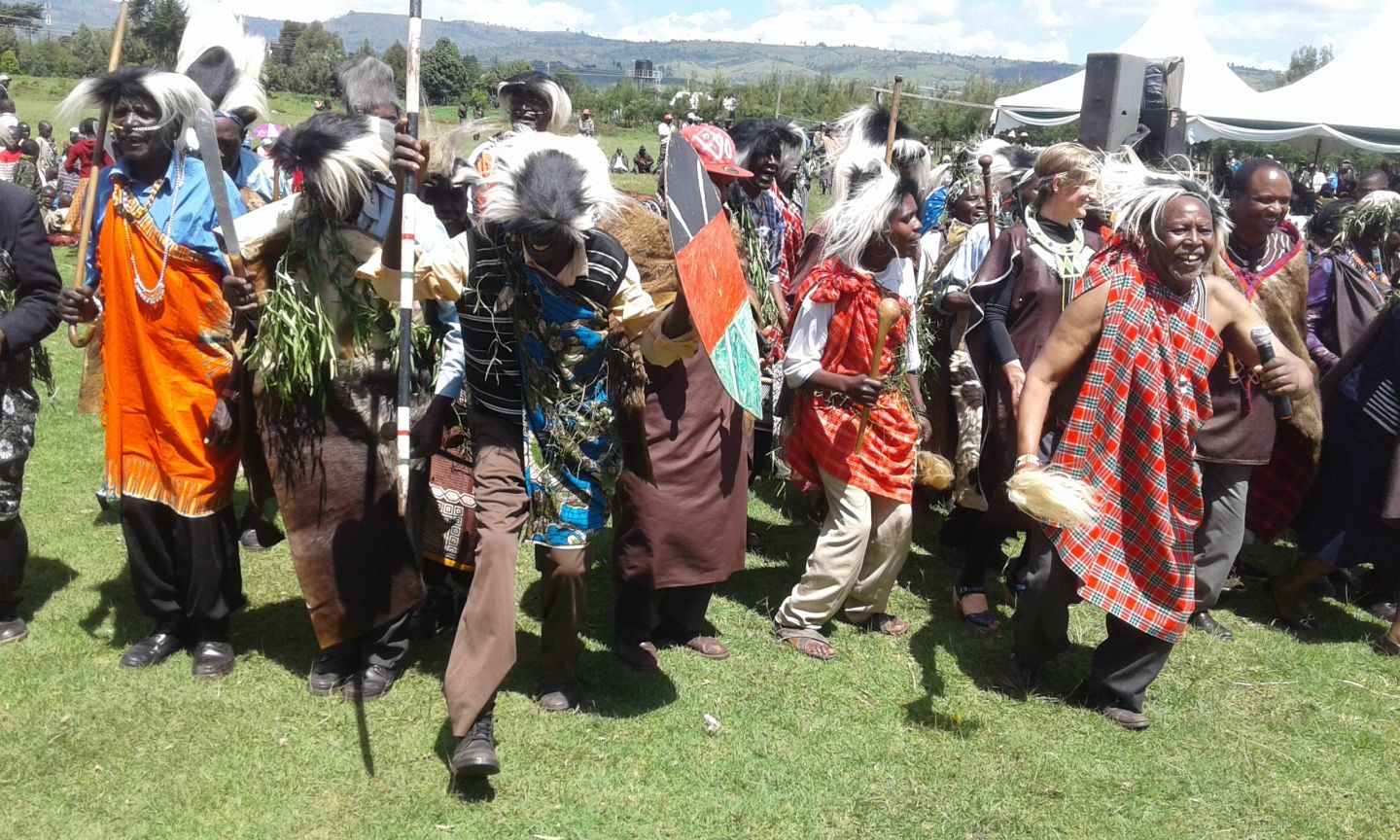
Rwanda: Training for journalists and journalism students on conservation and environmental reporting
We are no longer accepting applications for this opportunity.
Click here to see all open opportunities.
Title
Rwanda: Training for journalists and journalism students on conservation and environmental reporting
Objective
Conservation is reproduced in school texts, media, wildlife documentaries, NGO adverts, etc. The images broadcast globally about ‘nature’ and the words regularly used to describe it are known to shape our way of thinking our policies and our actions around it. Those in print and electronic media all over the world tend to accept and use words they collect from the scientific world, based on the popular belief that science by definition is ‘objective’. Consumers of the resultant material tend to consider and accept these words and images as reality because they are ‘scientific’. However, they are not because the conservation science that produces this information is based on proposals, which, in turn, are funded based on how well they fit the funders’ narrative(s). The top donors to conservation research in the global south include Western governments, corporations and oligarchs – a group whose consumption patterns contribute the greatest portion of the emissions behind the global climate crisis.
This training, run by Minority Rights Group, is aimed at creating a cadre of journalists capable of interrogating and reporting on the environment and conservation for the benefit of the environment and the minority communities who are its stewards.
Themes
The study themes will include the concepts of protected areas, conservation colonialism, conservation capitalism and environment vis-à-vis the needs of minorities and their natural resource rights.
The training will be undertaken online for 12 weeks.
Qualifications
The course is open to applications from Rwanda, as the training and upcoming programme-related media activities are tailored to Rwanda.
- Practising journalists from the fields of print, TV and online journalism. We need individuals with experience reporting in any of the following areas: conservation, environment, climate change, sustainability and human rights.
- Students: This is a journalism training module, so the primary target is journalism students with a demonstrated interest in conservation, environment, climate change, sustainability and human rights. Students of literature and other humanities with a demonstrated interest in journalism and the above subjects may also be considered.
Your application should include:
- Cover letter specifying your area of interest in journalism (print, electronic, digital) and topic;
- Proof of student status and concurrence of your institution;
- Examples or copies of your work (including links to blogs, videos, etc.) will be an added advantage.
Learners who show great commitment and complete the online training will compete for fellowship grants to undertake related media courses. There will also be communication grants for civil society organizations or local media outlets to undertake media production aimed at informing Historically Marginalized People and the public about climate change and the need for adaptation and mitigation measures.
The course will start on 18 April 2024 and end on 26 June 2024.
Apply now
We are no longer accepting applications for this opportunity.
 Ogiek celebrating their victory in Mau Forest, Kenya, May 2018. Credit: Lucy Claridge / MRG.
Ogiek celebrating their victory in Mau Forest, Kenya, May 2018. Credit: Lucy Claridge / MRG.